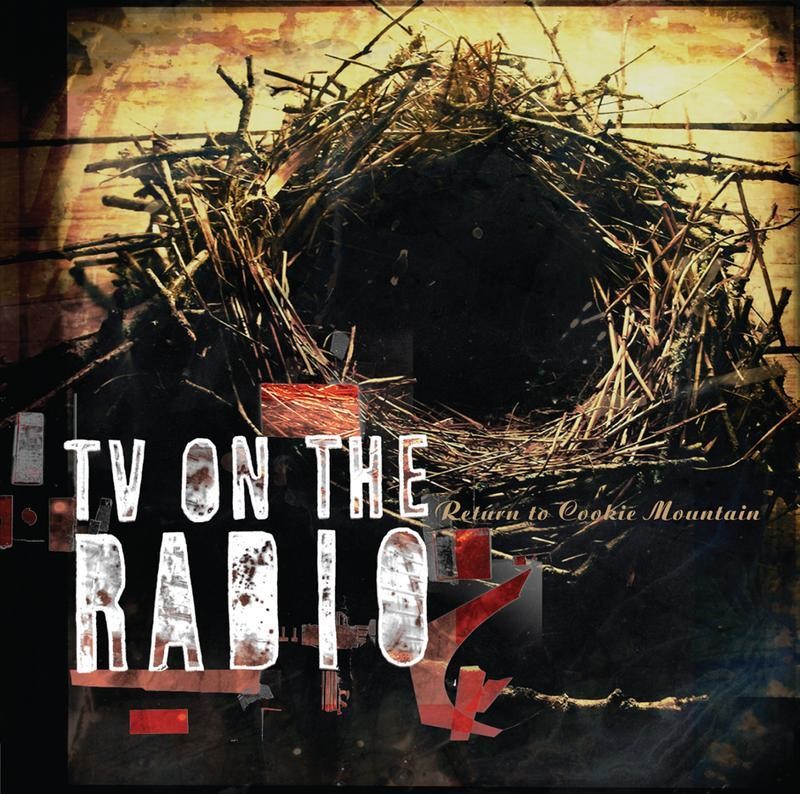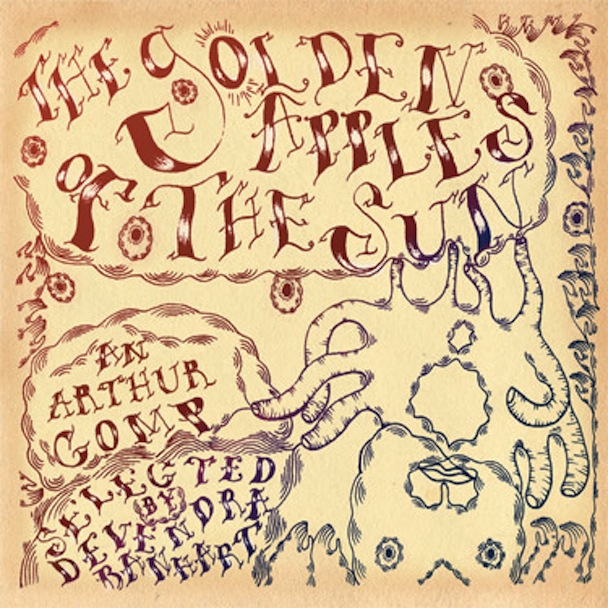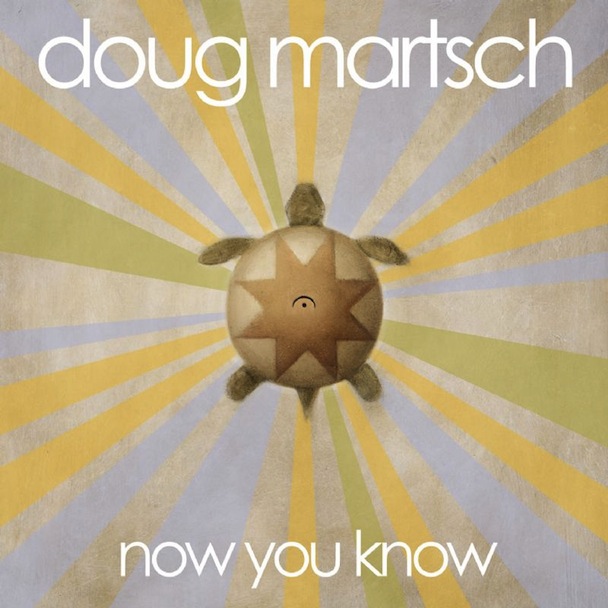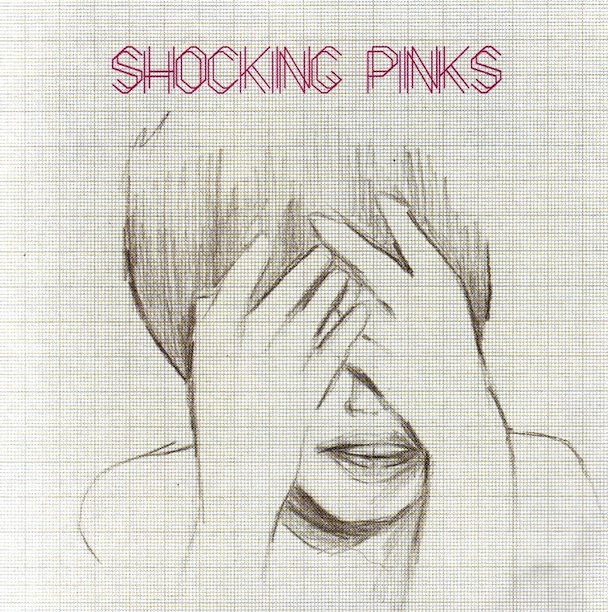In 2006, I was living in New York, breathlessly anticipating the release of both Justin Timberlake's FutureSex/LoveSounds and TV on the Radio's Return to Cookie Mountain. Breathlessly is definitely the wrong word, but I was excited enough to head to the Virgin Megastore at exactly midnight to buy both, because buying a record the second it went on sale was as close to being part of that record as I could get. Virgin Megastore doesn't exist anymore. Tower Records doesn't exist anymore. Most record stores don't exist anymore. It's a bummer, but it's so engrained in the lives of music lovers that its almost beside the point. I don't want to be a downer, music is still exciting! Buying records is still great! Those two albums, though, feel like twin beacons of what 2006 was about: unexpected genre crossover, a faint undercurrent of darkness, and a weird sort of aimlessness that brimmed with possibility.
For the last few weeks, I've been writing about New York's "lost" period in music, which is admittedly skewed. Wherever you go, the scene that existed before you got there is going to feel like an idealized version of itself -- slightly better, more exciting, and more pure than whatever you're experiencing in the moment. This is a cycle that'll repeat forever, and it births interesting music that feels untethered from anything around it. It spawns bands that mutate in front of our eyes. Watching a band struggle through this period only to see them become successful feels personal. Every period in music is a "lost" period to someone somewhere.
TV on the Radio were immediately part of a scene, though. In 2003 they joined minimal post-punks Liars and shoegazy post-punks Yeah Yeah Yeahs to form a loose circle of bands that created songs from jagged riffs and vocals powerful enough that they bordered on theatrical. It was all very confrontational, but tuneful too. It made sense. Performance was important. Being a rock capital B-A-N-D was important. It's not surprising that all three of these bands got pretty huge, they were primed for it. TV On The Radio's second LP, Return to Cookie Mountain, ditched all the horns and rhythm-centric tracks in favor of washes of fuzzed out guitar. Where a lot of shoegaze aims for the clouds, Cookie Mountain was gritty and rough, with Tunde Adebimpe and Kyp Malone's unsettling harmonies coasting over the top like rubbing sandpaper together.
The bigger song on the record was "Wolf Like Me," which is great. It's driving, propulsive, and catchy. But the one that always resonated with me was the deeply weird "Playhouses," which is made up of tightly-wound buzz and stumbling drums, with Adebimpe and Malone writing about shitty alcohol breath and emotional revelations with all the clear-eyed assuredness of a 16-year-old. This isn't a bad thing. TV on the Radio never felt much like a subtle band, so much as a band that celebrated grand gestures with all the wide-eyed verve of a lovelorn teenager. At the time, I didn't realize it was their sincerity that I identified with, but Cookie Mountain is almost desperately sincere. From "Playhouses" to the rollicking "Blues Down Here," and back to "Wolf Like Me." This is an album that anticipated the end of the world. It's clunky, often beautiful, and unafraid to be huge. The world didn't end in 2006. Things were about to get a lot worse before they got even remotely better. Depending on where you're sitting, we're not in a great place. It's hard to say if TV on the Radio jumped the gun or were riding the wave, but somehow that murkiness feels exactly right.






